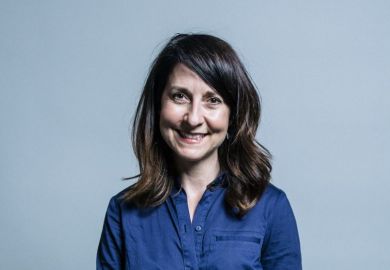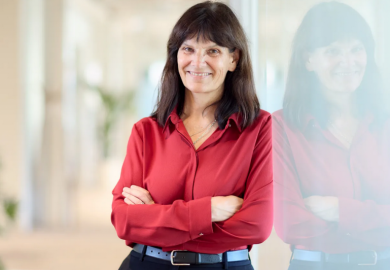Alan Clements's connection with Cuba was accidental. The professor of computing at the University of Teesside was running an international student competition for a US computing society when he got an inquiry from a Cuban academic wanting to enter several teams. "I told him Cuban teams could enter and could win, but they could not get a prize because of the (US) trade embargo," he explained.
The Cuban academic was Tomás López Jiménez, from the University of Information Sciences, a specialist institution devoted to IT near Havana. The two got talking, Professor Clements paid a visit last June, and they decided they had so much in common that the relationship should be more formal.
Professor Clements has now been officially appointed as a visiting professor at the Cuban institution until 2010. Although the university has had visitors - mainly from Latin America - this was its first formal appointment.
Professor Clements - who is one of the Higher Education Academy's national teaching fellows - has just returned from his second Cuban visit, where for ten days he lectured staff and students in his subject of "computer architecture" (computer hardware) and passed on tips for teaching computing to help with curriculum development.
"They want to talk about computers in English and update their knowledge," he explained. "The US economic boycott has isolated them from the market, so they don't often know what is going on in the outside world."
Cuba's socialist Government, he said, has been throwing itself into open-source software because common US commercial products are banned from being exported to Cuba. As a result, it is looking to the education system to produce skilled IT graduates. Professor Clements said the standard of computing education appeared to be comparable with Europe. The main difference between Cuba and the UK, he said, was that it can be difficult to tell staff and students apart because the staff are so young. There is also an almost equal proportion of male and female students - rare in computing.
Back in the UK for the time being, Professor Clements will advise on how the Cuban university can improve the academic journal it publishes, which is internal to Cuba and written in Spanish. He will also investigate whether it can join UK computing societies - as it is keen to make contacts - and he'll encourage his more software-oriented colleagues at Teesside to get involved.
As a keen amateur photographer, he also has scores of digital photographs to organise. "The best shots have to be of the 1950s cars with their gleaming bonnets," he said.
Register to continue
Why register?
- Registration is free and only takes a moment
- Once registered, you can read 3 articles a month
- Sign up for our newsletter
Subscribe
Or subscribe for unlimited access to:
- Unlimited access to news, views, insights & reviews
- Digital editions
- Digital access to THE’s university and college rankings analysis
Already registered or a current subscriber?



